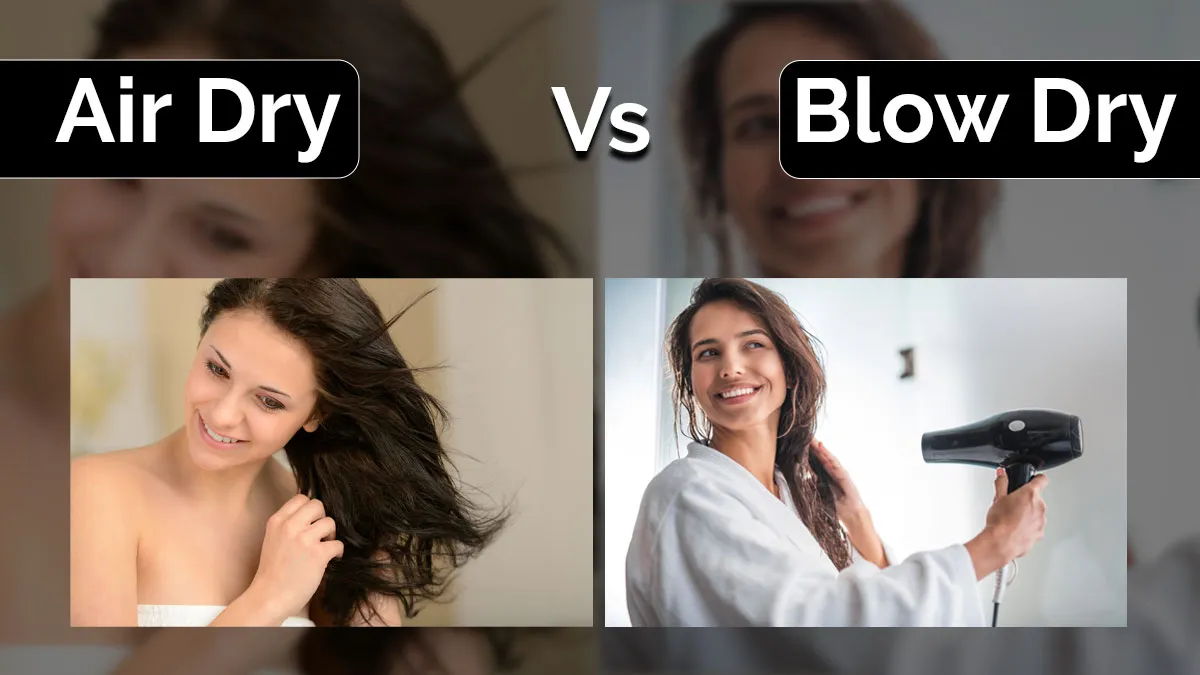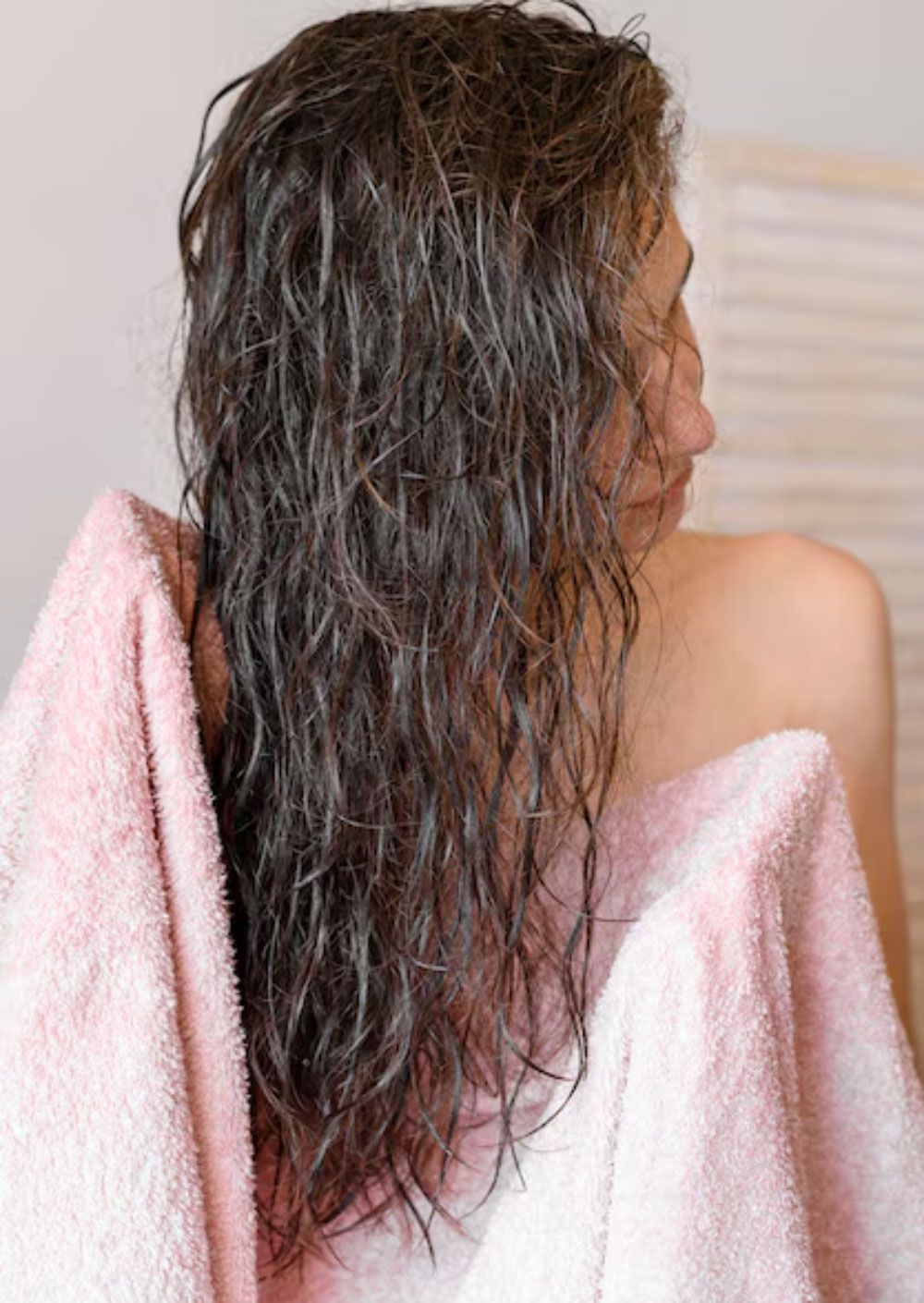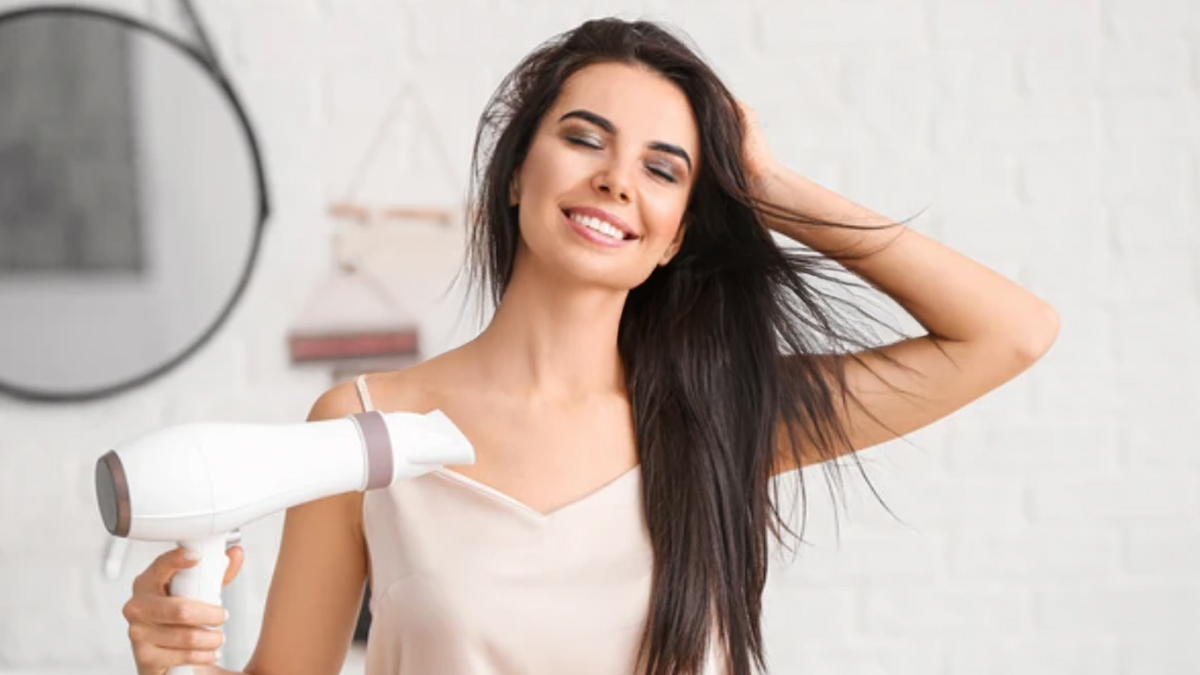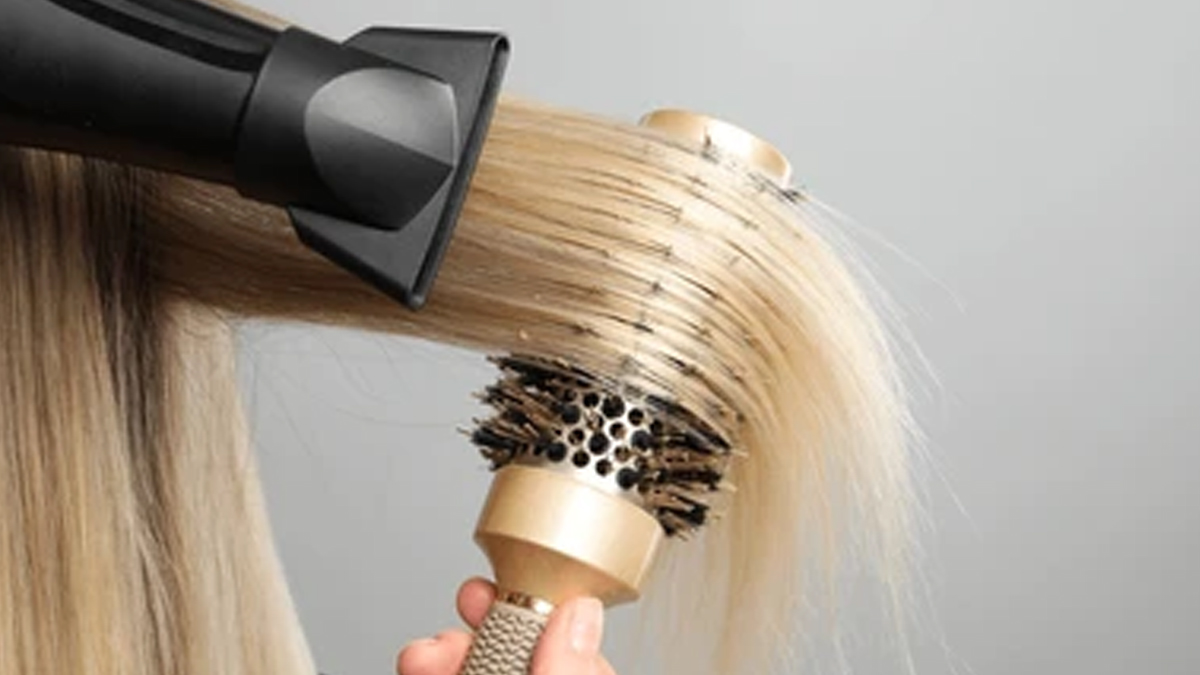
When drying your hair, you have probably asked yourself this question at least once: Should I let it air dry or grab the blow dryer? Air drying may look more natural on the surface, but blow drying yields speed and style. However, for hair health: breakage, frizz, and eventual damage, the answer isn't as straightforward.
Table of Content:-
Air Drying: Natural but Not Always Nurturing

Air drying is the classic, low-maintenance way to dry your hair, and it’s often hailed as the gentlest option. There’s no heat, no tools, no hassle, just you, your towel, and time. And yes, avoiding heat does mean you are less likely to suffer from heat damage. But that doesn't mean air drying is perfect.
The process can take a long time, especially for those with thick or lengthy hair. Sitting around for hours with wet hair is not just uncomfortable; it can also leave your scalp vulnerable to fungal infections or irritation. If you have naturally curly or frizzy hair, air drying without any help from styling products may sometimes leave your hair tangled and less defined.
When your hair is wet, the cuticle (surface layer) expands, making it more susceptible to breakage. If you're leaving your hair damp for extended lengths of time, particularly in cooler or more humid environments, you're leaving it vulnerable for longer. Repeated use can cause protein loss and split ends, especially if you are harsh with your towel or bunning it up when damp.
-1748248992384.jpg)
Air drying is best when:
- You have a fine to medium texture that dries relatively fast.
- You don't require styling your hair right away.
- You can leave it untouched while drying (no aggressive brushing or towel rubbing)
- You use a microfiber towel or cotton t-shirt to blot excess water gently.
Pro tip: Apply a leave-in conditioner or heat-free styling cream to protect and shape your hair while it dries naturally.
Also Read: Could Your Hair Drying Habit Be The Reason Behind Your Dandruff?
The Case for Blow Drying: High Heat, High Risk, But Not Always Bad

Blow drying involves heat and excessive heat can strip away moisture, cause breakage, and fade hair colour. However, when done correctly, blow drying can be gentler on your hair than air drying.
A 2011 study published in the Annals of Dermatology found that blow drying at a safe distance and moderate temperature causes less surface damage than leaving hair wet for hours. This is because the faster you get from soaking wet to dry, the less time your hair spends in that fragile, swollen state.
The key is technique:
- Always use heat protectant sprays.
- Keep the dryer at least 6 inches away from your hair.
- Don’t blast the highest heat setting unless necessary.
- Use the cool shot at the end to seal the cuticle and lock in shine.
If you want that salon-smooth finish or defined blowout, a blow dryer with a nozzle attachment and a round brush can work wonders without long-term damage if used responsibly.

Blow drying is best when:
- You need styled hair quickly.
- Your hair is thick or textured and takes hours to air dry.
- You're using heat protection and proper technique.
Also Read: Drying Without Damage: Hair Care Tips You’ll Wish You Knew Sooner
Which One’s Better?
- If your hair is fine or fragile: Air drying might be your best friend. It eliminates heat stress, keeping your fragile strands healthy for longer.
- If you have thick, curly, or frizz-prone hair: Blow drying with a diffuser attachment will define your curls and minimise frizz. A heat protectant is a must here.
- If you’re short on time: Blow drying is naturally quicker and more convenient.
- If you’re patient and prefer a natural look: Air drying is the perfect way to let your hair look the best it can naturally without additional hassle.
[Disclaimer: This article contains information for informational purposes only. Hence, we advise you to consult your professional if you are dealing with any health issue to avoid complications.]
Also watch this video
How we keep this article up to date:
We work with experts and keep a close eye on the latest in health and wellness. Whenever there is a new research or helpful information, we update our articles with accurate and useful advice.
Current Version